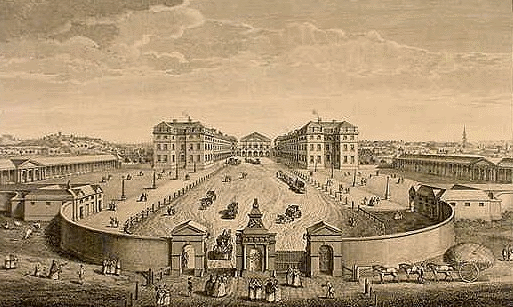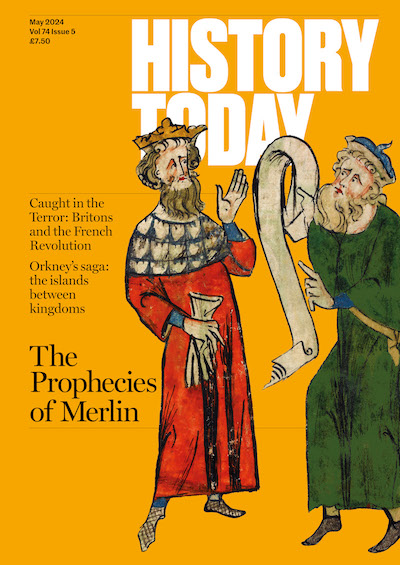'Reasonable Creatures': A Common Sense Guide to Childcare
Alysa Levene explores the ideas of William Cadogan whose enlightened ideas on raising healthy and happy babies in the mid-18th century pre-dated those of Rousseau and contributed to a more permissive and relaxed attitude to child-rearing.
 As a society, we spend substantial amounts of time, money and effort on raising our children. Childhood has become privileged as a formative time of life, and also one which should be enjoyed. Parents and governments alike thus exercise both brains and purses to some considerable degree to ensure that children are made happy, well-educated, stimulated and well-behaved. At times, this is played out in new trends in child-rearing: should you pick up a crying baby or let it tire itself out? Should the misbehaving toddler go on the naughty step, or get a smack? These ideas are generally harnessed to a particular pedagogy and thus have an underlying rationale. The ordered way in which we think about children and childhood is, however, relatively new.
As a society, we spend substantial amounts of time, money and effort on raising our children. Childhood has become privileged as a formative time of life, and also one which should be enjoyed. Parents and governments alike thus exercise both brains and purses to some considerable degree to ensure that children are made happy, well-educated, stimulated and well-behaved. At times, this is played out in new trends in child-rearing: should you pick up a crying baby or let it tire itself out? Should the misbehaving toddler go on the naughty step, or get a smack? These ideas are generally harnessed to a particular pedagogy and thus have an underlying rationale. The ordered way in which we think about children and childhood is, however, relatively new.





